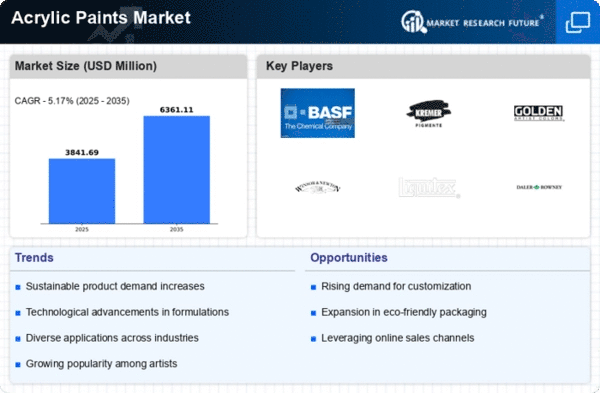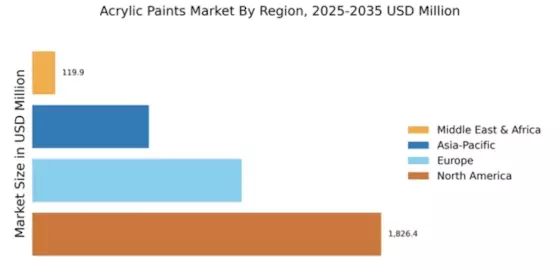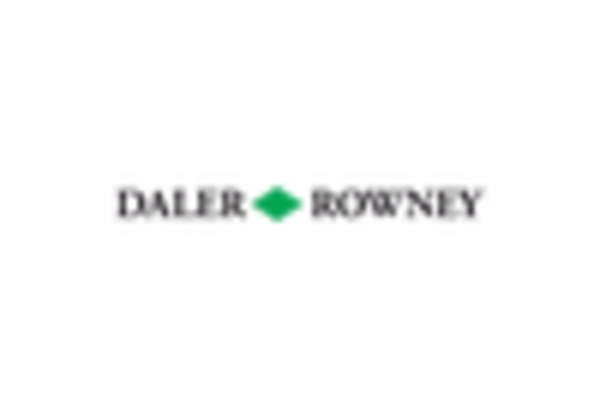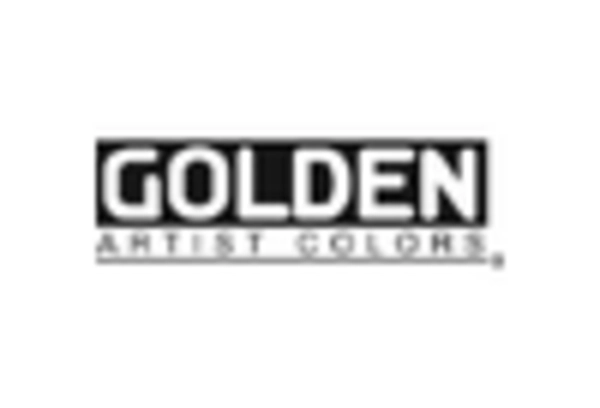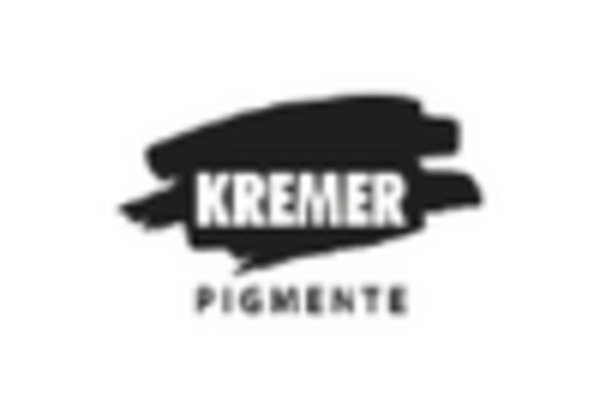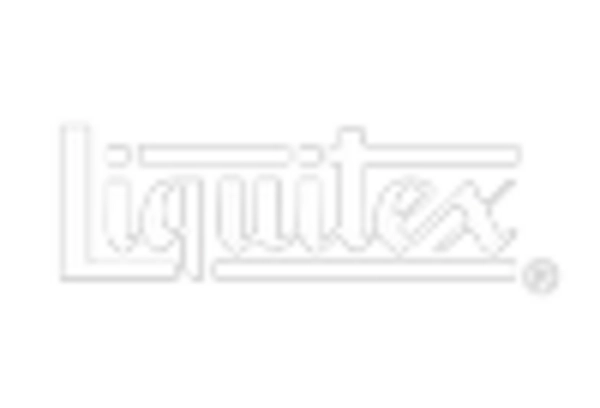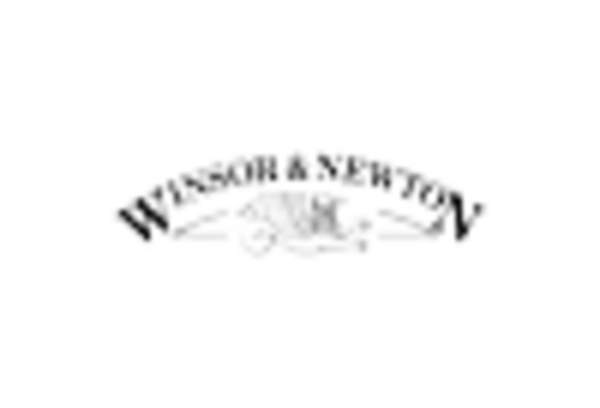Market Growth Projections
The Global Acrylic Paint Market Industry is projected to experience substantial growth in the coming years. With an estimated market value of 3.65 USD Billion in 2024, the industry is on track to reach approximately 6.36 USD Billion by 2035. This growth trajectory indicates a compound annual growth rate of 5.18% from 2025 to 2035, reflecting the increasing demand for acrylic paints across various applications. Factors such as technological advancements, environmental considerations, and the expansion of the construction sector are likely to drive this growth, positioning the acrylic paint market as a dynamic and evolving industry.
Growing Popularity of DIY Projects
The Global Acrylic Paint Market Industry is experiencing a surge in demand driven by the growing popularity of DIY projects among consumers. As individuals increasingly engage in home improvement and artistic endeavors, the need for user-friendly and versatile paint options becomes paramount. Acrylic paints, known for their ease of use and quick drying properties, are particularly appealing to DIY enthusiasts. This trend is likely to contribute to the market's expansion, as more consumers opt for acrylic paints for various applications, from home decor to craft projects. The rise in DIY culture may further enhance the market's growth potential.
Expansion of the Construction Sector
The Global Acrylic Paint Market Industry benefits from the ongoing expansion of the construction sector worldwide. With urbanization and infrastructure development on the rise, there is an increasing need for high-quality paints that offer durability and aesthetic appeal. Acrylic paints are favored in construction due to their versatility and ability to withstand various environmental conditions. As new residential and commercial projects emerge, the demand for acrylic paints is expected to surge. This growth trajectory is likely to propel the market value to approximately 6.36 USD Billion by 2035, reflecting the industry's robust response to construction demands.
Diverse Applications Across Industries
The Global Acrylic Paint Market Industry is characterized by its diverse applications across various sectors, including automotive, construction, and arts. Acrylic paints are utilized in automotive coatings due to their durability and resistance to weathering, while in the construction industry, they are favored for their versatility in both interior and exterior applications. Additionally, the arts sector relies heavily on acrylic paints for their vibrant colors and ease of blending. This broad applicability ensures a steady demand for acrylic paints, contributing to the market's resilience and growth prospects in the coming years.
Rising Demand for Eco-Friendly Products
The Global Acrylic Paint Market Industry experiences a notable shift towards eco-friendly and sustainable products. As consumers become increasingly aware of environmental issues, manufacturers are responding by developing water-based acrylic paints that emit fewer volatile organic compounds. This trend aligns with global sustainability goals and reflects a growing preference for non-toxic materials in both residential and commercial applications. The demand for eco-friendly acrylic paints is projected to contribute significantly to the market's growth, as consumers prioritize health and environmental safety. This shift may lead to an increase in market value, potentially reaching 3.65 USD Billion in 2024.
Technological Advancements in Paint Formulation
Technological advancements in paint formulation significantly influence the Global Acrylic Paint Market Industry. Innovations in polymer chemistry and manufacturing processes have led to the development of superior acrylic paints that offer enhanced performance characteristics, such as improved adhesion, faster drying times, and superior color retention. These advancements not only meet the evolving needs of consumers but also enable manufacturers to differentiate their products in a competitive market. As a result, the market is expected to witness a compound annual growth rate of 5.18% from 2025 to 2035, driven by the continuous introduction of innovative acrylic paint solutions.


